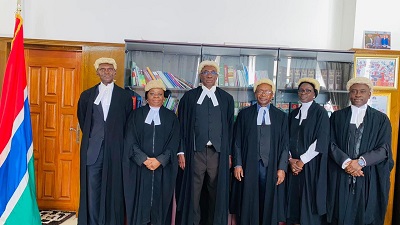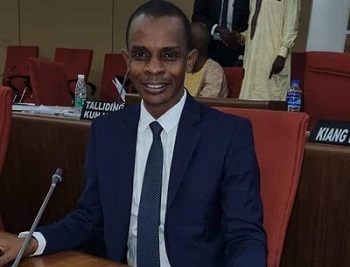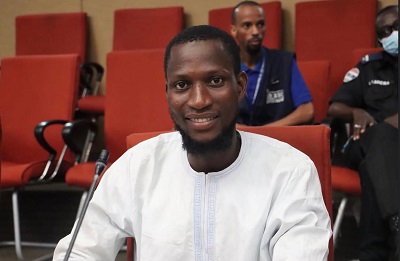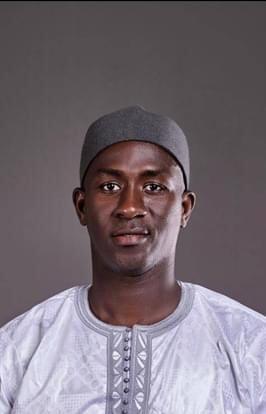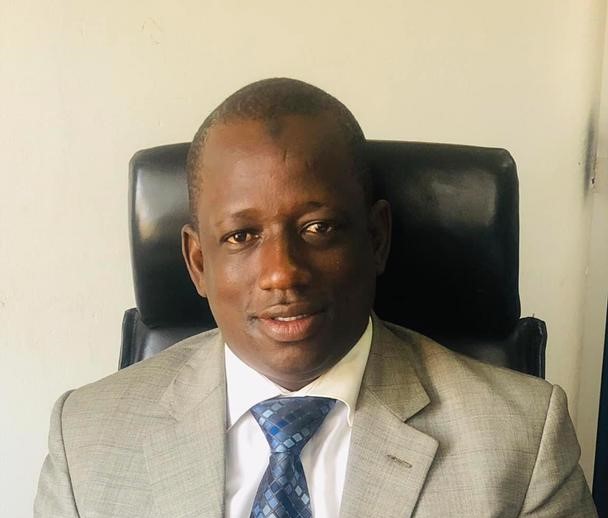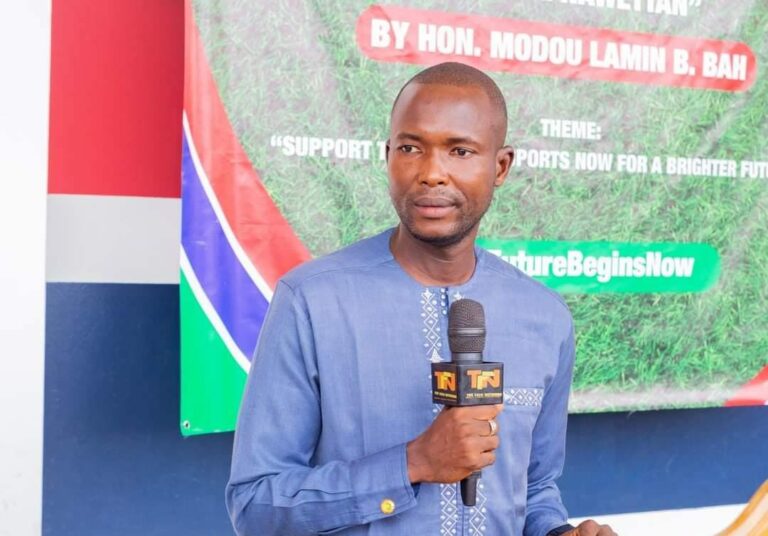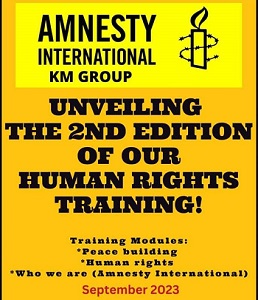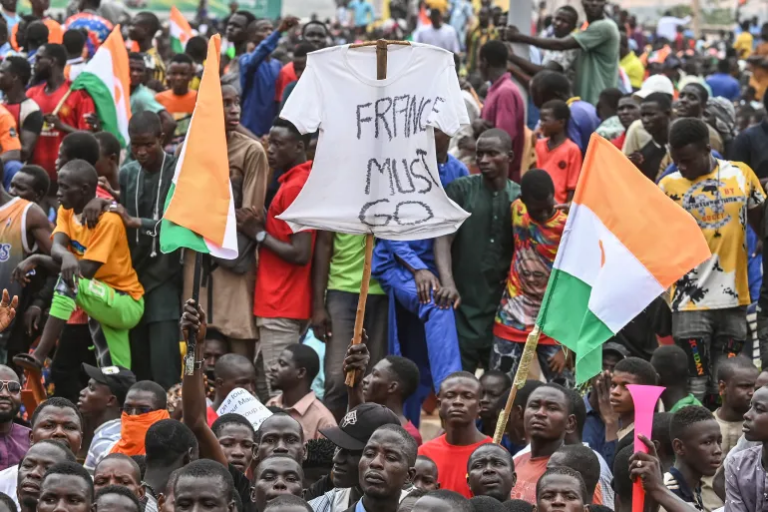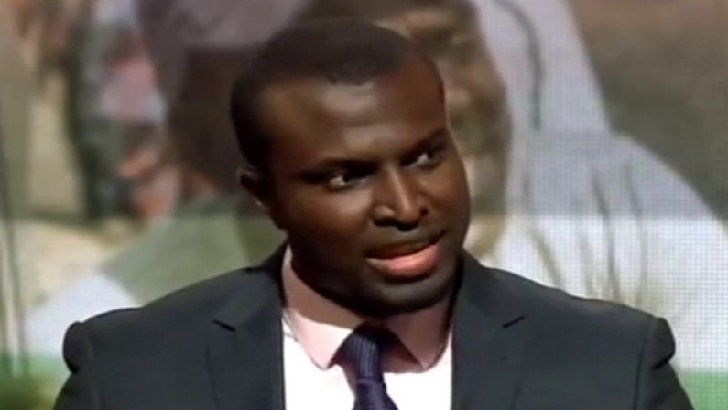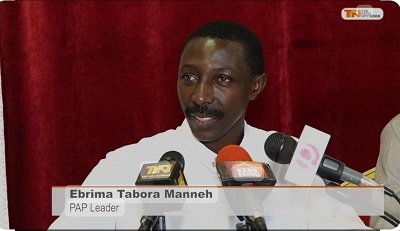By: Dawda Baldeh
Honorable Omar Ceesay, a former member of the opposition Gambia Democratic Congress (GDC) representing Niamina East in the National Assembly, has drawn parallels between the provisions outlined in the Judicial Officers Remuneration and Other Entitlements Bill, recently presented to lawmakers, and the same provisions found in the rejected draft constitution.
Ceesay pointed out, “It’s worth remembering that the crucial provisions of this bill closely resemble those that were included in the well-known draft constitution, which unfortunately failed due to actions taken by defecting United Democratic Party (UDP) lawmakers who joined the National People’s Party (NPP), alongside other coalition lawmakers from various parties during the fifth legislative session.”
He argued that these provisions, along with the term limit clause, were significant contributing factors to the draft constitution’s failure during its second reading by what he referred to as “NPP-aligned National Assembly Members.”
Ceesay further explained, “Interestingly, due to political differences between the NPP and UDP, some affected lawmakers believed that these provisions were specifically designed to target Darboe (the UDP leader) and his associates.”
He emphasized that these suspicions were never made public, but they did sway the votes of several lawmakers, including some from the GDC, against the draft constitution, resulting in division among GDC lawmakers during the fifth legislative session.
Ceesay concluded, “I cannot predict the outcome of this current bill, but my concern lies in why the government is focusing on extracting this portion of the draft as a standalone bill. If they can do this, why not also consider a separate bill for the term limit aspect? Let’s keep a close eye on this situation.”
Hon. Ceesay’s remarks came in response to the presentation of the Judicial Officers’ Remuneration and Other Entitlements Bill by Dawda A. Jallow, the Attorney General and Minister of Justice, for debate. If approved, this bill would establish a law ensuring that retired judicial officers receive a pension salary equivalent to their last salary while in active service.




